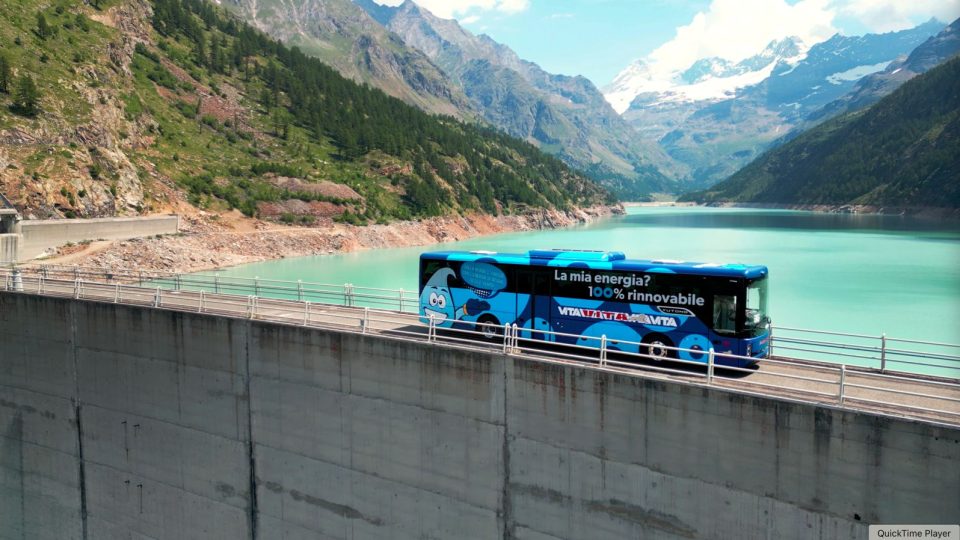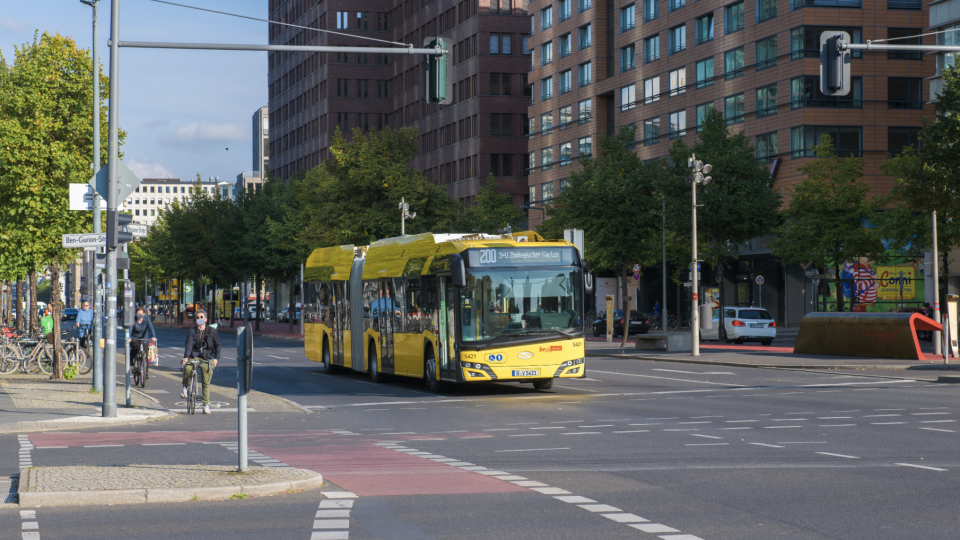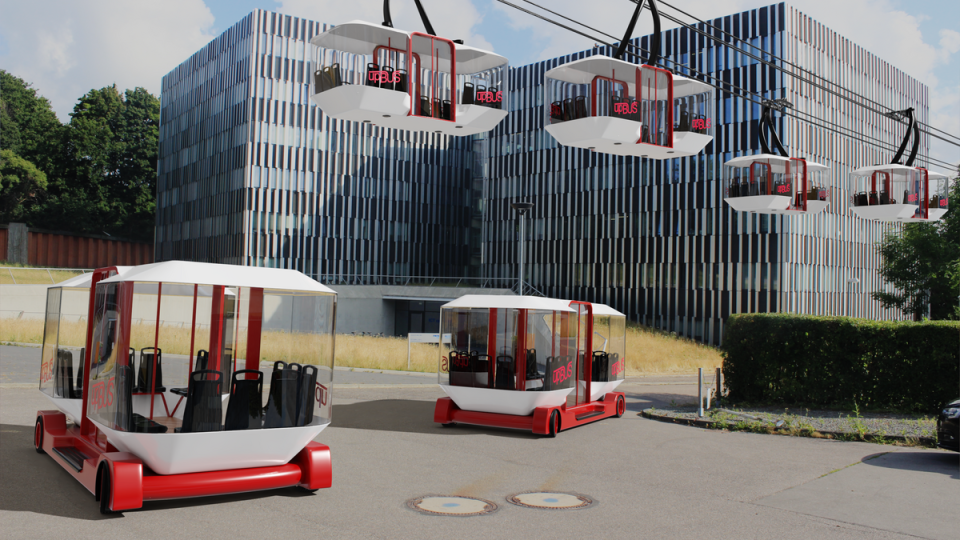130 million dollars for electric bus deployment in the US. A massive funding coming from FTA
130 million dollars grants for the purchase or lease of zero and low emission transit buses for the USA, with related charging facilities. The U.S. Department of Transportation’s (USDOT) Federal Transit Administration (FTA) announced a massive funding through the Low- or No-Emission (Low-No) Grant program. The largest funding has been awarded to New Jersey Transit: over 7 million […]
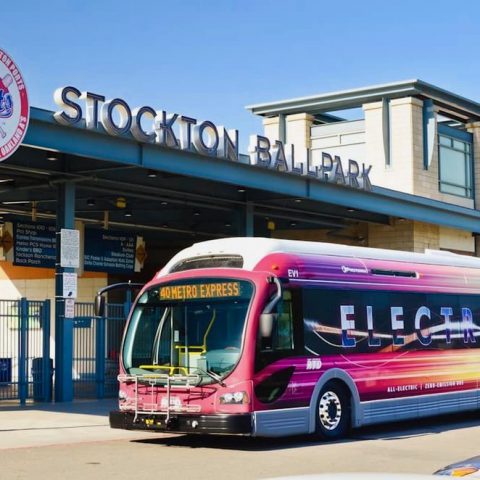
130 million dollars grants for the purchase or lease of zero and low emission transit buses for the USA, with related charging facilities. The U.S. Department of Transportation’s (USDOT) Federal Transit Administration (FTA) announced a massive funding through the Low- or No-Emission (Low-No) Grant program. The largest funding has been awarded to New Jersey Transit: over 7 million euros to expand services through electric buses.
FTA this time «focused on the introduction of new technology not commonly found within U.S. transit systems such as advancements to propulsion systems», the transit administration higlights. Forty-one projects in 40 states and the District of Columbia will each receive funding through the program.
CLICK HERE FOR THE 2020 FUNDED PROJECTS
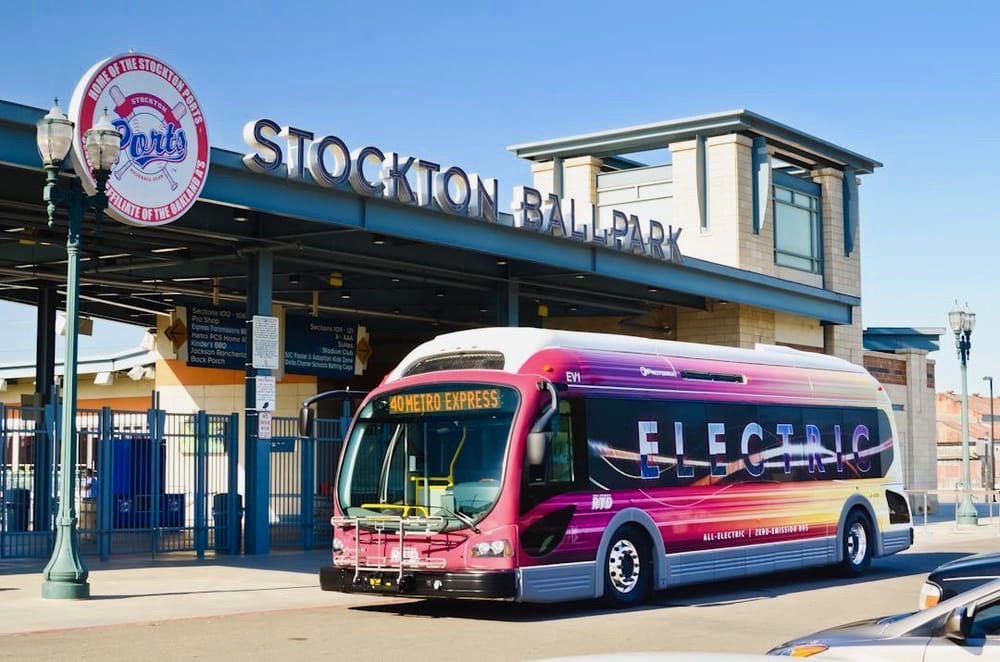
41 projects funded by FTA across the States
Eligible projects funded by FTA include the purchase or lease of hydrogen and battery-electric buses, and related infrastructure investments such as charging stations.
Among the selected 2020 Low-No grant projects we can mention the following ones. The City of Tucson, Arizona (SunTran) will receive $3.8 million to purchase all-electric buses and charging equipment. The new electric buses will be in the Sun Tran fleet supporting access to jobs, education, and health services within the Pima County, City of Tucson, City of South Tucson, Pascua Yaqui and Tohono O’odham Nations Opportunity Zones.
Over 6 million euros for electric buses in California
The Southeastern Pennsylvania Transportation Authority (SEPTA) will receive $4.3 million for infrastructure upgrades to support its current battery electric bus fleet at its Midvale Bus Maintenance Facility in Philadelphia, Pennsylvania.
The largest funding has been awarded to New Jersey Transit Corporation, that will receive 7 million dollars.
A large investment will be done by Antelope Valley Transit Authority, in California. As many as $6,253,255 that will serve «to purchase new electric buses to improve service efficiency to the cities of Palmdale, Lancaster and Northern Los Angeles County». California, after all, is the forerunner of the US states in electric bus deployment: approved in late 2019, CARB requires public transit agencies throughout the state to commit to buying only zero-emission buses (battery electric or fuel cell) starting in 2029. A move that makes particularly sense, given the fact that California is the US leader in electricity generation from non-hydroelectric renewable energy source(geothermal, wind, solar).
Over 409 million dollars funding through Low-No Emission grant
City and Borough of Juneau, in Alaska. Public transport company Capital Transit will get 5 million dollars «to purchase new electric buses to replace aging diesel buses and associated charging infrastructure».
The City of Racine, Wisconsin (Racine Transit), will receive $3.2 million to purchase battery electric buses and charging stations to improve the efficiency of moving the city’s workforce to jobs and school. Racine Transit carries over one million riders per year, utilizing 35 buses on ten routes and 155 miles of mixed traffic right-of-way.
“Since its establishment, FTA’s Low-No Emission grant program has funded over $409 million in new buses, infrastructure, and training, strengthening America’s economy in a fast-growing industry,” said FTA Acting Administrator K. Jane Williams.
“These grants will help communities nationwide deploy the next generation of bus technology to enhance their transportation system,” said Secretary Elaine L. Chao.




